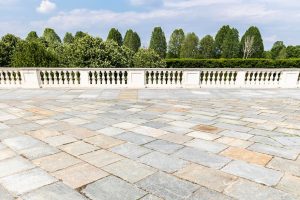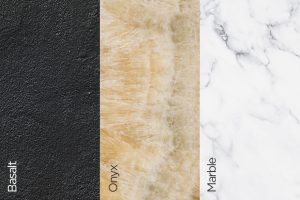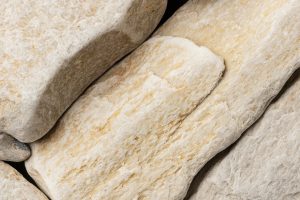Lebanon is a country rich in history, culture, and natural resources, with its stones standing as silent witnesses to centuries of human ingenuity and architectural brilliance. From ancient Roman temples to modern buildings, Lebanon stones have been an essential part of its identity and legacy.
The History of Lebanon Stones
Lebanon’s history with stones dates back to ancient times. The Phoenicians, Romans, and various other civilizations that settled in the region utilized the abundant natural stone resources for their monumental constructions. The Temple of Bacchus in Baalbek, one of the best-preserved Roman temples in the world, is a testament to the strength and durability of Lebanon stones. These ancient builders relied on limestone and other native stones to create structures that have withstood the test of time.
Types of Lebanon Stones
Lebanon is home to a variety of natural stones, each with unique characteristics that make them suitable for different applications.
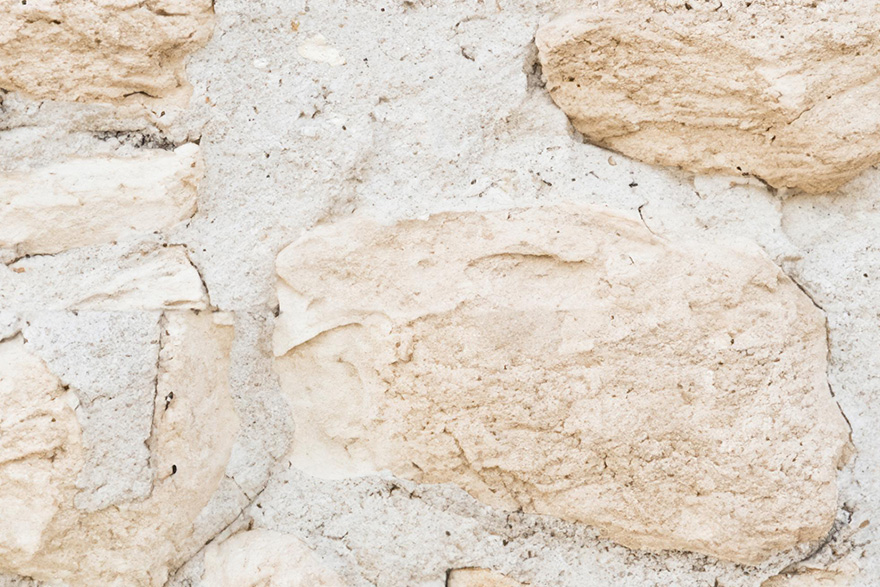
Limestone from Lebanon
Limestone is one of the most common Lebanon stones. Known for its soft, creamy tones, it is often used in building facades, flooring, and sculptures. Limestone from Lebanon is highly sought after for its elegance and ability to blend seamlessly with both traditional and modern designs.
Lebanese Sandstone
Lebanese sandstone is known for its warm, earthy colors, ranging from beige to reddish tones. This type of Lebanon stone is frequently used in wall cladding, paving, and decorative elements. Its natural texture adds a rustic charm to any project.
Lebanese Marble
Lebanon also boasts high-quality marble that is used in luxury projects. Renowned for its durability and sophisticated appearance, this Lebanon stone comes in a range of colors and patterns, making it ideal for flooring, countertops, and decorative accents.
Basalt in Lebanon
This volcanic stone is less common but still found in certain regions of Lebanon. Its dark, dense composition makes it a perfect choice for outdoor applications like pathways and retaining walls.
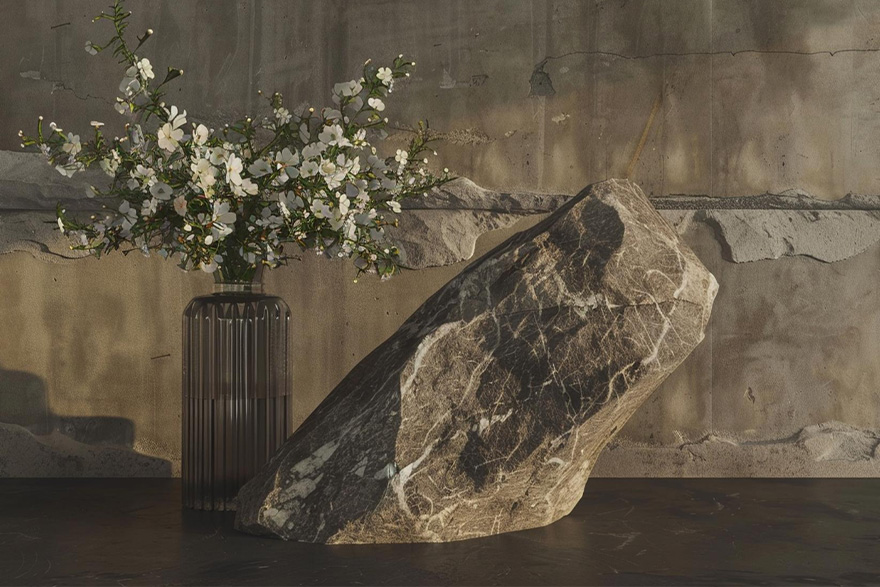
The Role of Lebanon Stones in Architecture
Lebanon stones have played a pivotal role in shaping the country’s architectural identity. Traditional Lebanese houses, with their red-tiled roofs and thick stone walls, are a hallmark of the country’s design heritage. The use of natural stones not only provides structural integrity but also enhances the aesthetic appeal of these homes.
In modern architecture, stones from Lebanon are used to add character and warmth to contemporary designs. Whether it’s a sleek marble kitchen countertop or a limestone facade, Lebanon stones continue to be a symbol of elegance and functionality.
Benefits of Using Lebanon Stones in Construction
- Durability: Natural stones are known for their longevity, making them a cost-effective investment for buildings and decorative projects.
- Eco-Friendly: Stones are a natural, sustainable resource that requires minimal processing, reducing their environmental impact.
- Aesthetic Appeal: Each stone is unique, offering a range of textures, patterns, and colors to suit any design preference.
- Thermal Insulation: Many Lebanon stones, like limestone, provide excellent thermal insulation, keeping homes cooler in summer and warmer in winter.
The Stone Industry in Lebanon
The stone industry in Lebanon remains a vital part of the economy. Local quarries and artisans work tirelessly to extract and craft these natural treasures. Skilled stonemasons continue to use traditional techniques, ensuring that the country’s stonework maintains its authenticity and charm.
However, the industry faces challenges, including environmental concerns and the need for sustainable quarrying practices. Efforts are being made to balance economic growth with environmental preservation, ensuring that Lebanon’s stone heritage is preserved for future generations.
Tips for Choosing the Right Lebanon Stone
- Understand Your Needs: Whether you’re building a home, renovating, or designing outdoor spaces, choose a stone that matches the intended purpose and environment.
- Consider the Style: Select stones that complement the architectural style of your project. For traditional designs, limestone or sandstone works well, while marble suits modern aesthetics.
- Consult Experts: Local suppliers and artisans can provide valuable advice on the best stones for your project and how to maintain them.
Preserving Lebanon’s Stone Heritage
Lebanon stones are more than just building materials; they are a reflection of the country’s history, culture, and craftsmanship. Preserving this heritage is essential, not only for architectural purposes but also for maintaining a connection to Lebanon’s rich past.
By choosing locally sourced stones and supporting sustainable practices, you can contribute to the preservation of this timeless legacy while enhancing the beauty and durability of your projects.
Conclusion
Lebanon stones are a cornerstone of its history and identity, offering beauty, strength, and versatility. From ancient temples to modern homes, these natural resources continue to inspire awe and admiration. Whether you’re drawn to the elegance of limestone, the warmth of sandstone, or the luxury of marble, Lebanon stones provide endless possibilities for creating stunning, enduring designs.
Discover the timeless charm of Lebanon stones and let their natural beauty transform your spaces!




